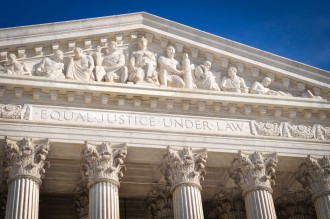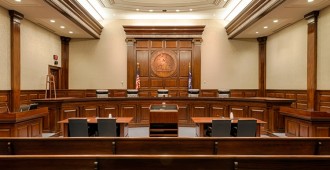December 15, 2015
The PTAB Can Institute Post Grant Trial on a Legal Ground Not Raised in the Petition
In In re Cuozzo Speed Tech., the patentee tried (and failed) to challenge the Board’s decision to institute an IPR on the basis of a combination of references that the petitioner had never suggested. However, even in Cuozzo the petitioner based the challenge on obviousness and the Board instituted on obviousness. In SightSound v. Apple we learn that the Board is not so limited.
SightSound Tech. LLC (“SightSound”) owns U.S. Patents 5,191,573 & 5,966,440. Apple Computer sought covered business method review (CBM2013-00020) of various claims from these two patents on §101, §102, §103, and §112 grounds. Apple alleged anticipation of certain claims by a CompuSonics publication. However, the Board instituted trial on the grounds of anticipation and obviousnessover the CompuSonics publication. The challenged claims eventually survived the anticipation challenge, but were nevertheless ruled unpatentable for obviousness.
On appeal to the Federal Circuit, SightSound argued that the Board exceeded its statutory authority when it decided to institute trial on a statutory basis (obviousness over CompuSonics) not raised in the petition. In what has become a familiar pattern, however, the Federal Circuit concluded that SightSound’s argument speaks to the decision to institute, and 35 U.S.C. §324(e) leaves the Federal Circuit without jurisdiction to review such decisions.
Although this decision may be distressing to patent owners in IPR/PGR/CBM proceedings, today’s decision has important implications for would-be patent challengers. The page limits for the initial petition can create a dilemma about whether to go all in on one’s best ground for unpatentability, or whether to divide one’s pages between (for example) a strong obviousness argument and a possibly weaker inherent anticipation argument.
The lesson from SightSound is that one is better off focusing on one’s strongest argument, and then perhaps throwing in a single line at the end to the effect that “alternatively, X considered alone anticipates Claims 1, 2… [etc].” If the Board thinks that the cited art can be rearranged or used in a different sort of legal challenge (e.g., obviousness where one asserted anticipation, or vice versa), the Board can always move forward on that alternative basis. The decision to do so is insusceptible to appellate review.



































